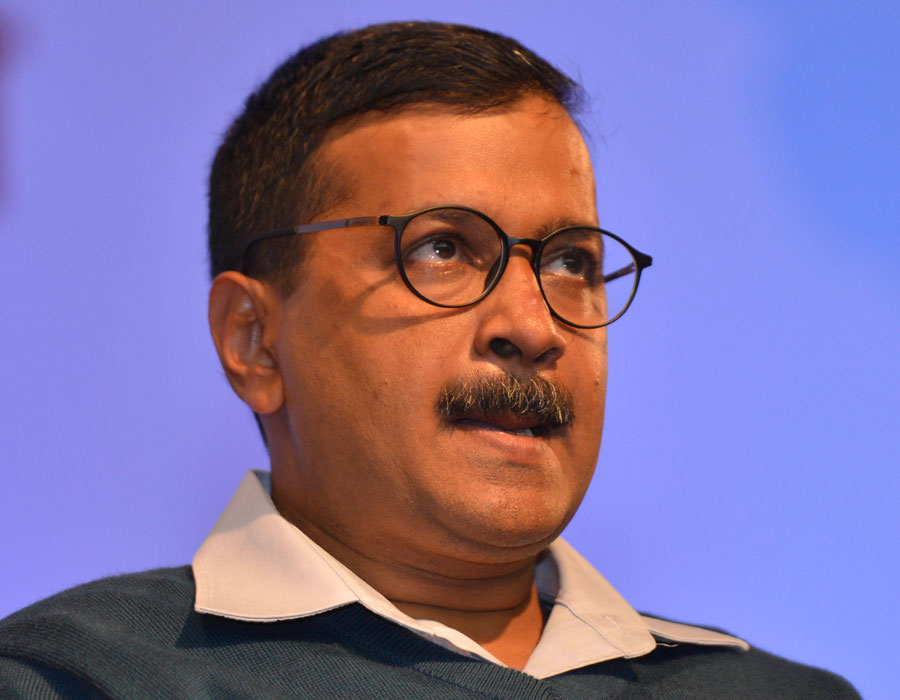The Supreme Court on Thursday ruled that the power to transfer and post officials in Delhi rests with the Union government, and that the Centre’s officials cannot be prosecuted by the Anti-Corruption Bureau (ACB) of the Delhi government as only the CBI can do so.
The Centre and the AAP government in Delhi have been at loggerheads over the twin issues.
A bench of Justices A.K. Sikri and Ashok Bhushan, however, said the Delhi government alone had the power to give directions or frame rules on the supply and regulation of electricity in the national capital. The court said the state government also had the power to appoint public prosecutors.
On the appointment of a commission of inquiry, the apex court said it was the Centre that could set up such a panel. The court said that while the Delhi government had the power to impose stamp duty on land transfers, the approval of the lieutenant-governor of Delhi was needed. The LG is an appointee of the Centre.
On July 4, 2018, a five-judge constitution bench had ruled that the LG had to act on the aid and advice of the Delhi council of ministers, but added that the executive power of the state government extended to all areas where it had legislative competence. Three areas — public order, police and land — were under the Centre’s control, it had said.
The constitution bench had directed the two-judge bench to rule on the issues that were addressed on Thursday.
Justices Sikri and Bhushan, while broadly agreeing on all issues, differed slightly on the transfer and posting of officials.
Justice Sikri ruled that posting and transfer of all officials of the rank of joint secretary and above can be done only by the Centre, and those of junior officials can be routed through the Delhi government. Justice Bhushan said the Delhi government had no power with regard to the transfer and posting of officials as the Centre, through the LG, alone could do that.
Since there is a difference of opinion, the issue could be referred to an “umpire judge”.
On the Delhi ACB, the bench said: “The ACB is not empowered to investigate the offences of central government employees under the Prevention of Corruption Act. Admittedly, this investigation is carried out by the CBI.”
The Delhi government has no power to appoint a commission of inquiry, the court said, adding that the words “State Government” mentioned in the Commission of Inquiry Act did not mean the government of the National Capital Territory of Delhi.
“We, therefore, are unable to accept the submission (of the AAP government) that the expression ‘State Government’… in the COI Act would mean GNCTD (Government of the National Capital Territory of Delhi), a Union territory,” the court said.
On power supply and fixing of tariff, the court said: “Insofar as the DER (Delhi Electricity Act) Act is concerned, it is an enactment enacted by the Legislative Assembly of the NCTD. It operates within the NCTD. Government here means GNCTD, i.e. LG who is supposed to act on the aid and advice of the Council of Ministers. Under this Act, the Delhi government has power to issue directions to the DERC (Delhi Electricity Regulatory Commission) in matters of policies involving public interest.”
“When such powers are conferred specifically to the Delhi government under the DER Act, it cannot be said that insofar as Section 108 of the Electricity Act, 2003 is concerned, the expression ‘State Government’ therein would mean the Central Government. If such an interpretation is given, there would clearly be a conflict of jurisdiction in the NCTD insofar as working of Electricity Act/DER Act are concerned.”
The Delhi government will have the power to impose stamp duty, but the LG will have to be kept in the loop. In case of differences that are “rare and exceptional”, the matter would be referred to the President.
Chief minister Arvind Kejriwal said the verdict was against the “Constitution and democracy”. “We will seek legal remedies,” Kejriwal told a media conference.











